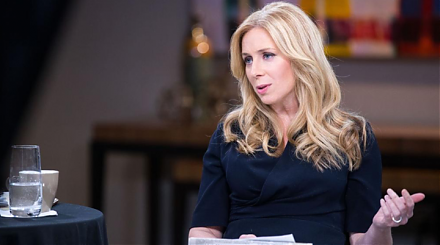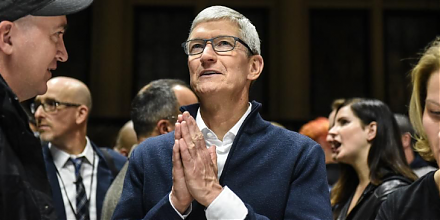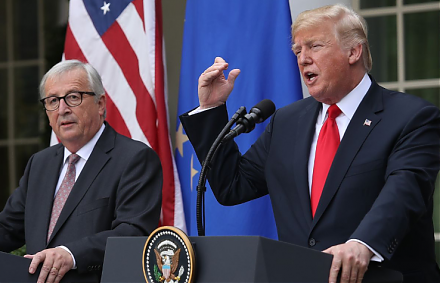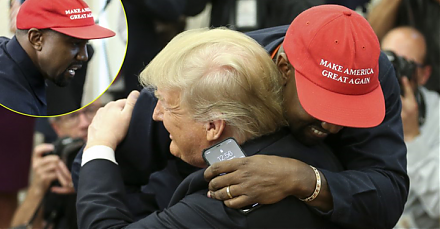

2019-05-13 12:38:00 Mon ET
stock market gold oil stock return s&p 500 asset market stabilization asset price fluctuations stocks bonds currencies commodities funds term spreads credit spreads fair value spreads asset investments
Brent crude oil prices spike to $70-$75 per barrel after the Trump administration stops waiving economic sanctions on Iranian oil exports. U.S. State Secretary Mike Pompeo announces that the U.S. no longer grants the core waivers to China, India, Japan, South Korea, and Turkey etc as of May 2019. This strategic move threatens to wipe off almost $1 million barrels of international crude oil per day. In response, oil prices surge to their highest levels since November 2018. Middle East countries such as Saudi Arabia and United Arab Emirates agree to make up for lost oil supply from Iran. Key oil price gyrations are likely to continue in 2019-2020, and crude oil futures forecast the upper range of $80-$95 per barrel. Oil price hikes can translate into higher profit margins for OPEC countries, especially Saudi Arabia and United Arab Emirates.
This upward oil price trend improves the economic prospects of Saudi Aramco in the next biggest IPO lock-up period. In the grand scheme, the American national security strategists trade off temporary oil price fluctuations with more draconian economic sanctions on the nuclear nation Iran. This containment strategy helps successfully isolate Iran to the detriment of oil-dependent economies worldwide.
If any of our AYA Analytica financial health memos (FHM), blog posts, ebooks, newsletters, and notifications etc, or any other form of online content curation, involves potential copyright concerns, please feel free to contact us at service@ayafintech.network so that we can remove relevant content in response to any such request within a reasonable time frame.
2018-07-11 09:39:00 Wednesday ET

In recent times, the Trump administration sees the sweet state of U.S. economic expansion as of early-July 2018. The latest CNBC All-America Economic Survey
2019-01-09 07:33:00 Wednesday ET

Apple revises down its global sales revenue estimate to $83 billion due to subpar smartphone sales in China. Apple CEO Tim Cook points out the fact that he
2023-05-28 10:24:00 Sunday ET

Thomas Piketty connects the dots between economic growth and inequality worldwide with long-term global empirical evidence. Thomas Piketty (2017) &nbs
2019-11-07 14:36:00 Thursday ET

America expects to impose punitive tariffs on $7.5 billion European exports due to the recent WTO rule violation of illegal plane subsidies. World Trade Org
2018-05-29 11:40:00 Tuesday ET

America and China, the modern world's most powerful nations may stumble into a **Thucydides trap** that Harvard professor and political scientist Graham
2022-05-15 10:29:00 Sunday ET

Innovative investment theory and practice Corporate investment can be in the form of real tangible investment or intangible investment. The former conce